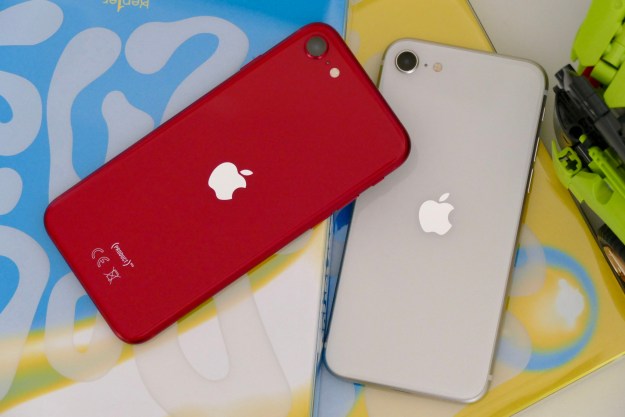
The patent is titled, “Management, Replacement and Removal of Explicit Lyrics during Audio Playback.” When Apple applied for the patent in September 2014 it stated, “Generally, in order to avoid unwanted language (e.g., explicit, profane, or otherwise inappropriate language) in songs or other audio the entire song would have to be avoided.” In that case either the song would need to be replaced by a clean version or online services would block access to the entire song.
More Apple: Apple deactivates its News app in China to appease censorship requirements
Apple’s patent allows the “clean” portions of audio tracks to remain intact with replacement or blanking out of just the explicit parts. Audio players with the capability of detecting and reading a metadata track accompanying audio content could potentially be set to automatically screen unwanted content or to give the user a choice of “cleaned up” or original audio tracks. Apple’s Beats 1 streaming radio station only plays non-explicit versions of songs, according to Business Insider.
In addition to metadata tracks to record the presence and location of explicit audio content, Apple’s patent also covers content analysis and screening either just before playback or in real-time during playback. The patent states that screening may be done by hardware components or by separate software online, or locally. One way this technology could also be implemented is a 5-10 second playback or streaming delay like those used with live radio or television broadcasts.
Music audio comes first to mind when thinking about explicit audio content, but the same technology could be used for spoken audio, such as audio books or text-to-speech software. The possibility of censoring news and literature in audio form may have even further implications and concerns than cleaning up song lyrics. Apple has announced no plans to censor anything.
Editors' Recommendations
- This is the iPhone concept of my dreams
- I found an amazing new way to use my iPhone 15 Pro Max
- Are you having iPhone alarm problems? A fix is coming soon
- Nomad’s new iPhone case and Apple Watch band may be its coolest yet
- 5 phones you should buy instead of the iPhone 15



